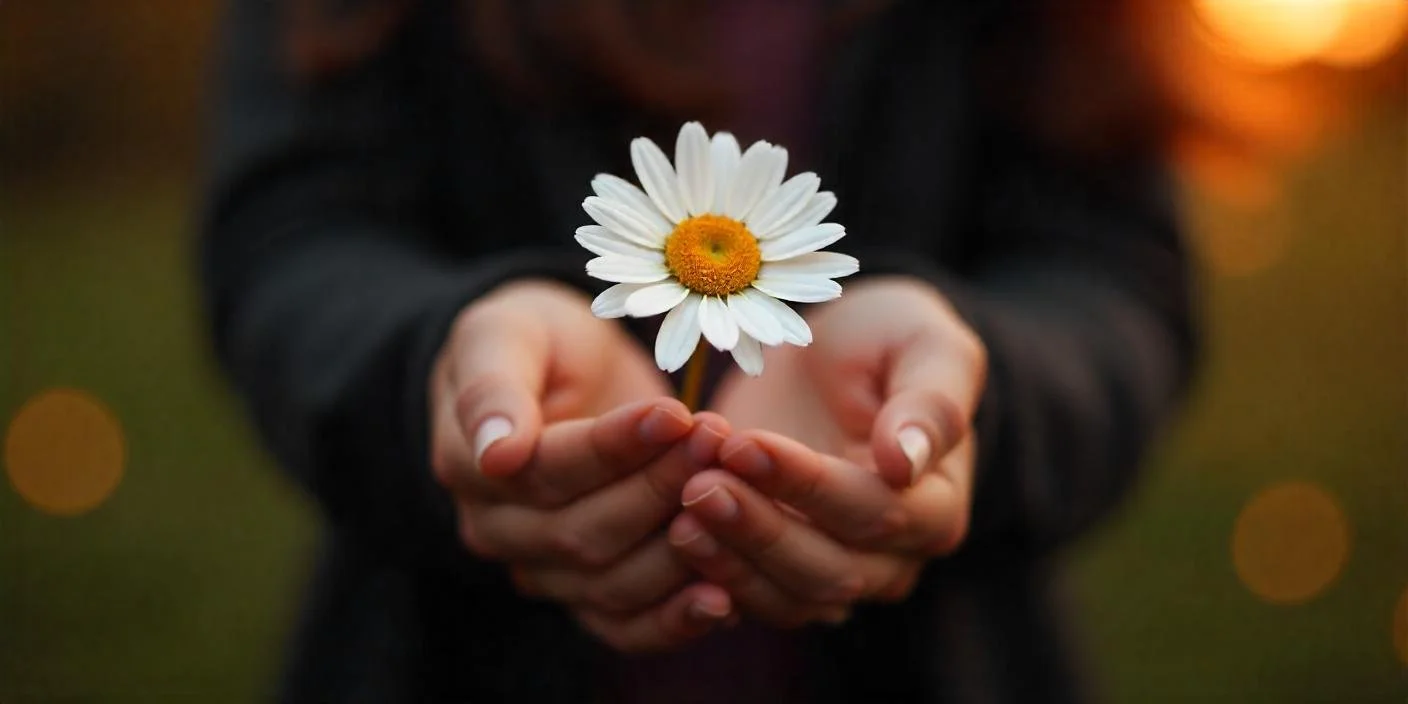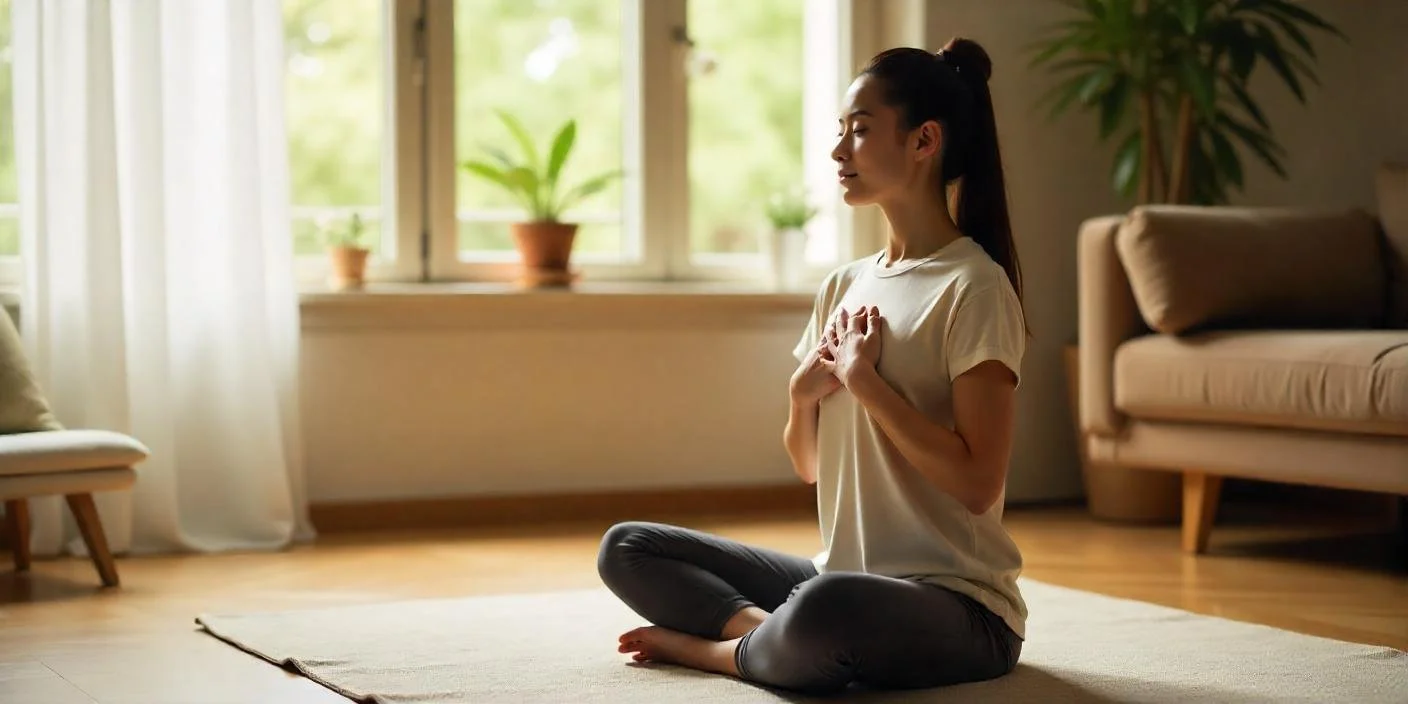The Second Arrow: How we are making our hard feelings harder and what you can do about it
I ran into a neighbor last week. She, like many of my friends, family members, and patients of the practice, works for the federal government. I asked her how she was holding up amidst all the upheaval, uncertainty, and anxiety of this moment. Her answer surprised me. “I feel like crap,” she said, “I just feel so guilty.” I asked her to clarify and began to berate herself for feeding her kid cereal for dinner, for forgetting to pack his lunch one time, and for not being as present and “fun” as she “should be”. Amid personal and existential threats, she was beating herself for not feeding her kid “right,” for missing moments, for not meeting her arbitrary standards, and for having a hard time. Her self-criticism mirrored what I’ve heard from many of my clients who are struggling to parent right now, to make life “normal” for their kids, to insulate their kids from their anxiety, and to be optimistic and present when they are anything but.
This moment is hard. These past few months have stretched many of us personally and existentially in ways that feel unprecedented. And yet, across the board we are making it harder on ourselves through self-criticism, inappropriate expectations of ourselves, and holding firm to arbitrary self-imposed standards. And for parents, we are trying to parent in extraordinary circumstances while expecting that it should look and feel the same as usual.
The Second Arrow
I find myself thinking frequently about the Buddhist parable of the second arrow. As the story goes, imagine yourself walking in the woods, and all of the sudden you are hit with an arrow. This is the first arrow, which reflects the actual pain of the event. We can’t control this arrow, and it hurts. The second arrow comes next. This is our appraisal of the event, our judgment or self-criticism, and our lack of acceptance. The second arrow reflects suffering. The second arrow is optional and self-imposed.
Self-Compassion
It’s not easy to work on this second arrow, but unlike the first arrow which is outside our control, we can attend to the second arrow to minimize suffering and deal with our emotions and our hard experiences without judgment. To do this, we first have to acknowledge the first arrow. This requires awareness of our emotions, acceptance of our emotions, and self-compassion. Self-compassion is a simple concept that is surprisingly hard to practice. Dr. Kristin Neff’s work provides a great three-part framework for understanding and practicing self-compassion and explaining why it’s such an impactful practice.
Radical Acceptance
Radical Acceptance is also a crucial framework for attending to the first arrow. Radical acceptance refers to a mindset of acceptance of what is without fighting against what you cannot change. It is not about liking what is happening; rather, it is recognizing that fighting reality when there is nothing you can do to change it only leads to suffering. Radical acceptance requires us to meet our emotions with compassion and stop trying to control what we cannot control. When we drop the emotional struggle, we can attend to our feelings and needs and be more present in our lives.
Moving Forward
So, for all of you having a very hard time right now, please remember it feels hard because it’s impossibly hard. This is the first arrow. Judging yourself, comparing yourself to others, and trying to motivate yourself with criticism, this is the second arrow. This is where you can make choices and make changes. Instead try putting your hand on your heart, taking a breath, naming your hard, and accepting what hurts. Notice if this helps you feel more present, more patient, and more compassionate. The goal is not to eliminate the hard but to manage the hard we put on ourselves.



